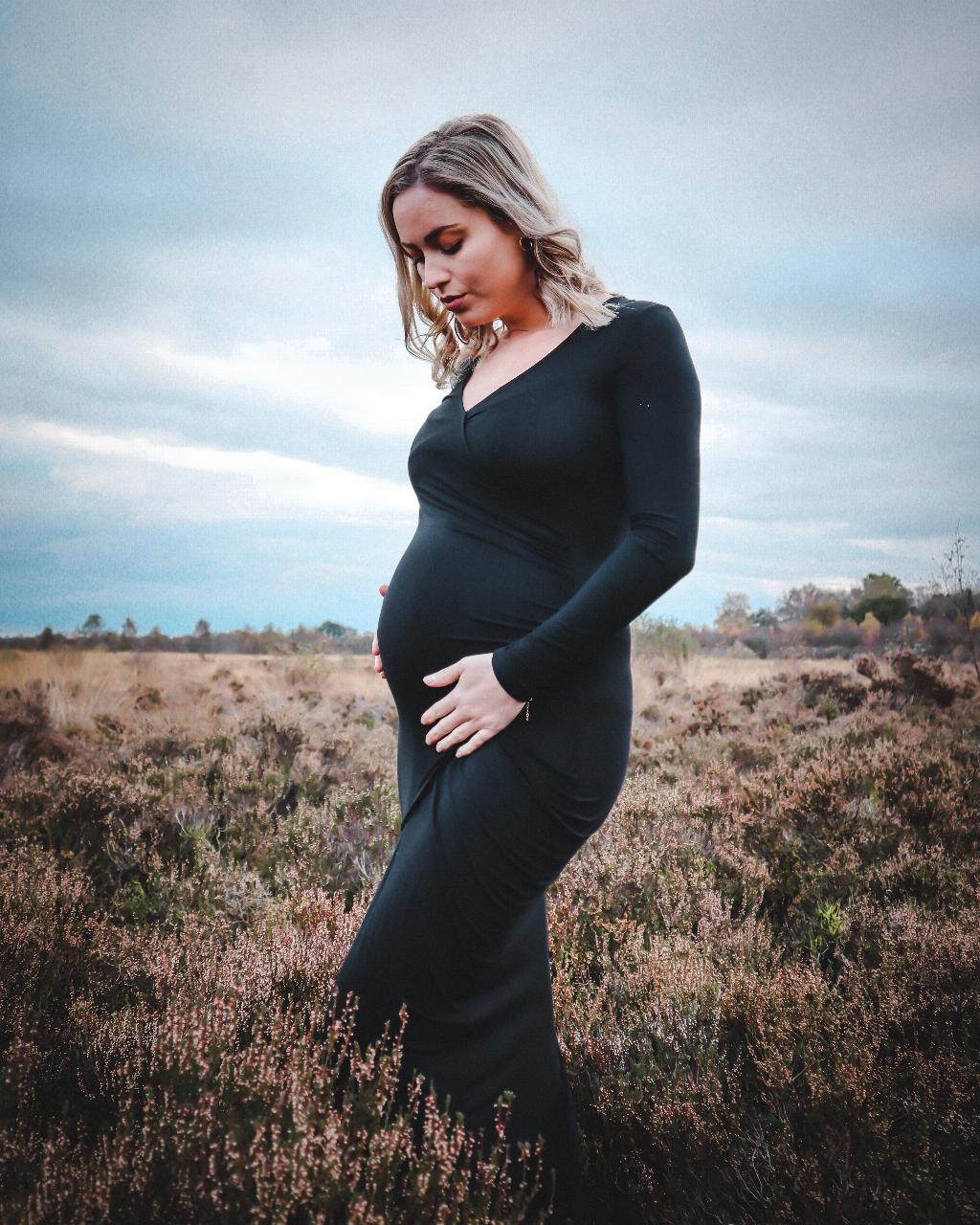Varicose veins are a common occurrence during pregnancy, affecting many women due to the increased blood volume and pressure on the veins. These swollen and twisted veins typically appear in the legs and can cause discomfort and pain. However, the good news is that varicose veins usually do not pose a significant risk to the baby or the mother’s health.
The Impact on the Baby
Varicose veins themselves do not directly affect the baby’s health. They are primarily a result of changes in the mother’s body during pregnancy, such as hormonal shifts and the growing uterus putting pressure on the veins. While they may be unsightly and cause discomfort, they are generally considered a cosmetic issue rather than a medical concern for the baby.
Management and Treatment
Healthcare providers often recommend conservative measures to manage varicose veins during pregnancy, as they typically improve after giving birth. These measures may include avoiding prolonged sitting or standing, elevating the legs when possible, wearing support hose, and engaging in regular physical activity to improve circulation.
Preventing Varicose Veins
While varicose veins may be challenging to avoid during pregnancy, there are steps that expecting mothers can take to reduce their risk or alleviate symptoms. Staying active, maintaining a healthy weight, avoiding tight clothing, and elevating the legs whenever possible can all help promote healthy circulation and reduce the likelihood of developing varicose veins.
Consulting Healthcare Providers
If varicose veins are causing significant discomfort or affecting daily activities, it is essential to consult with a healthcare provider for personalized advice and management strategies. They can offer recommendations tailored to individual circumstances and may suggest treatments like compression stockings or other interventions if necessary.
Postpartum Care
After giving birth, many women find that their varicose veins improve on their own as the body adjusts to the changes of pregnancy. However, if varicose veins persist or cause ongoing issues, it is important to follow up with a healthcare provider to discuss further management options and ensure optimal recovery.
Embracing Body Changes
Pregnancy brings about many changes in the body, both visible and internal, and varicose veins are just one of the many common occurrences during this transformative time. It is essential for expecting mothers to prioritize self-care, listen to their bodies, and seek support when needed to navigate these changes with confidence and grace.
Support from Loved Ones
Having a strong support system in place can also make a significant difference in how women experience and cope with varicose veins during pregnancy. Whether it’s a partner, family member, or friend, having someone to lean on, share concerns with, and provide practical assistance can help promote emotional well-being during this period.
Staying Informed and Empowered
By staying informed about varicose veins, their causes, and management options, expecting mothers can feel empowered to take proactive steps to care for themselves and promote their overall health and well-being during pregnancy. Knowledge is a valuable tool in navigating the challenges and changes that come with this special time.
Final Thoughts
In conclusion, while varicose veins are a common occurrence during pregnancy and can cause discomfort, they typically do not pose a significant risk to the baby’s health. By implementing preventive measures, seeking guidance from healthcare providers, and practicing self-care, women can manage varicose veins effectively and focus on enjoying this unique and transformative journey to motherhood.

